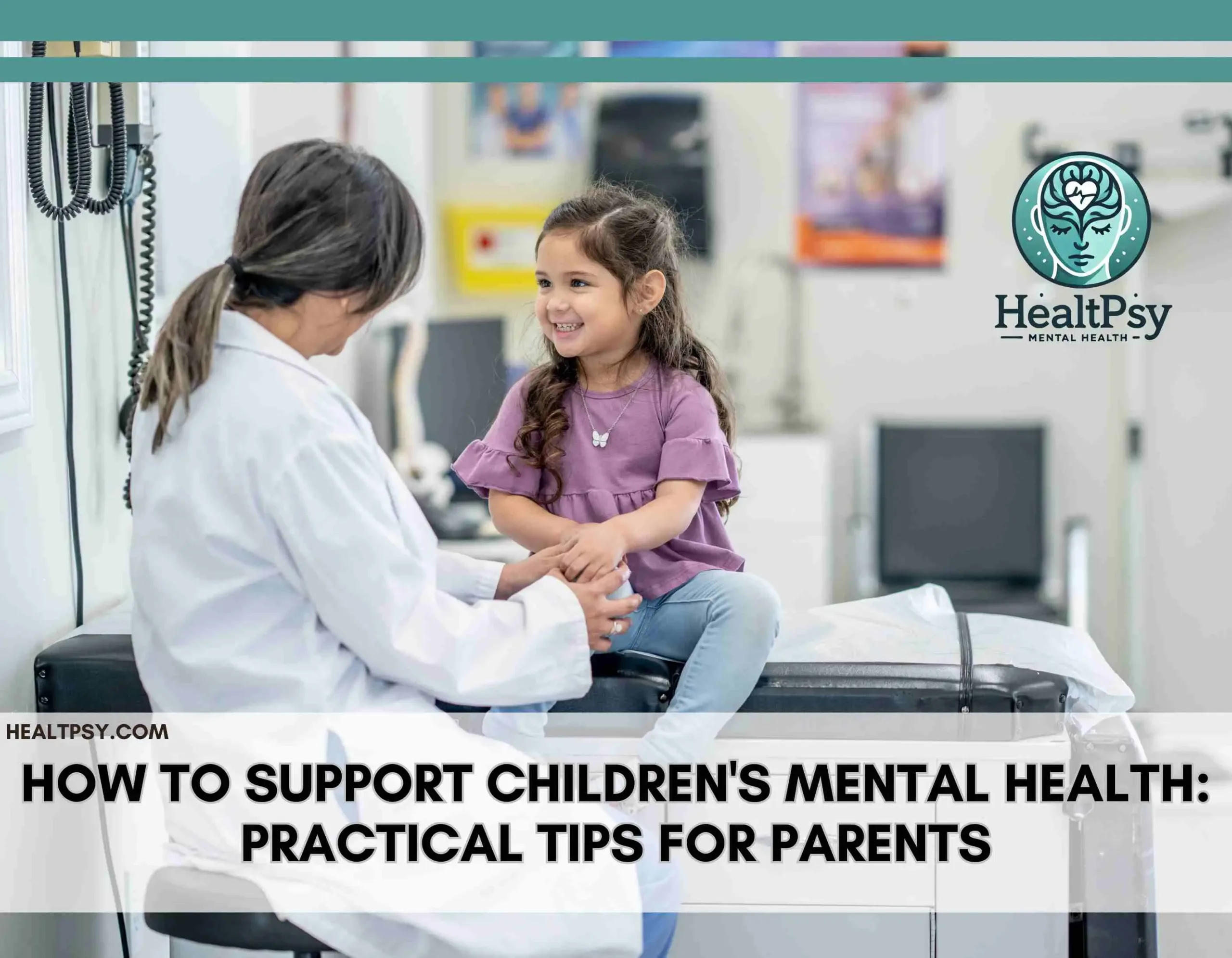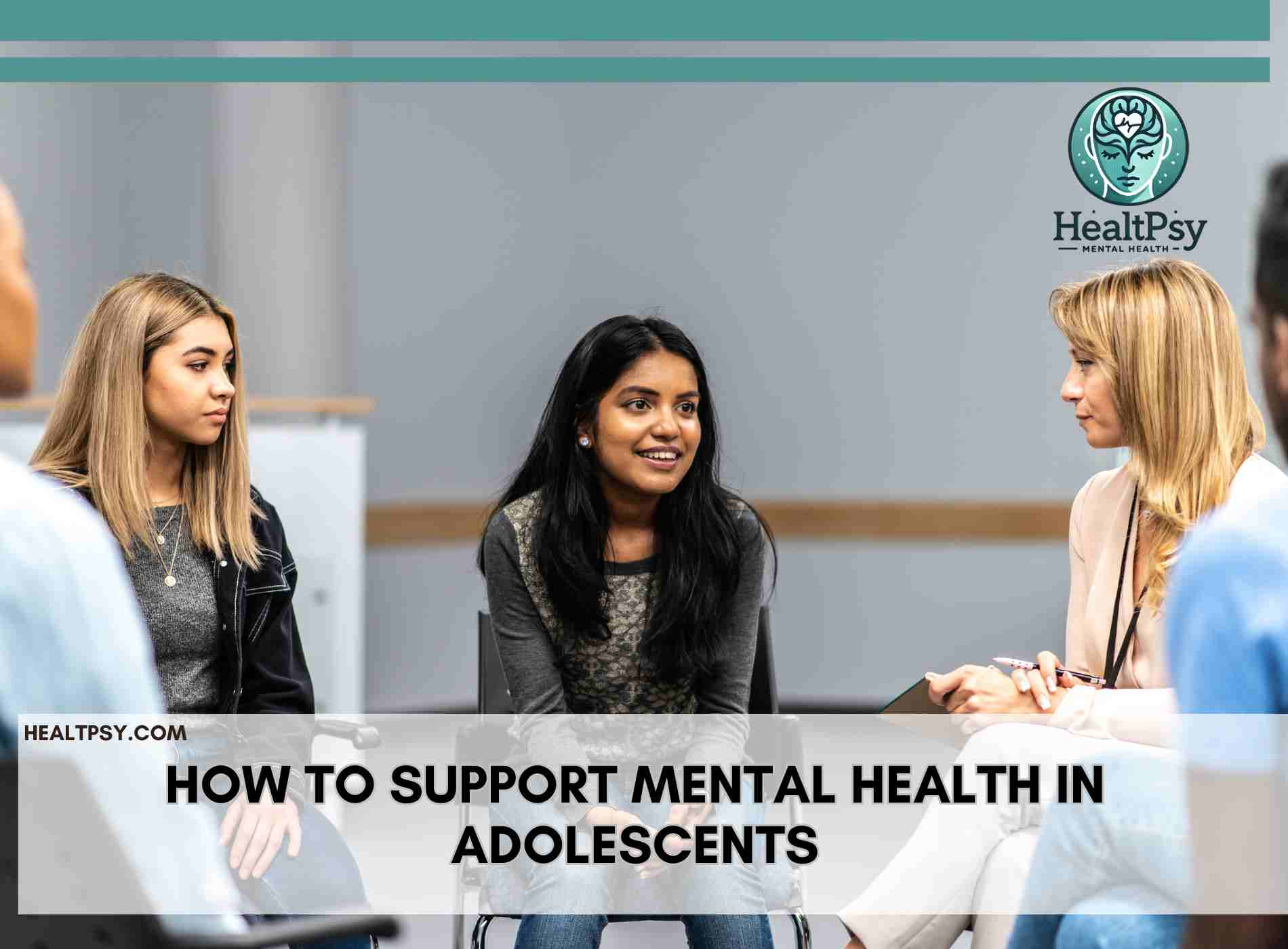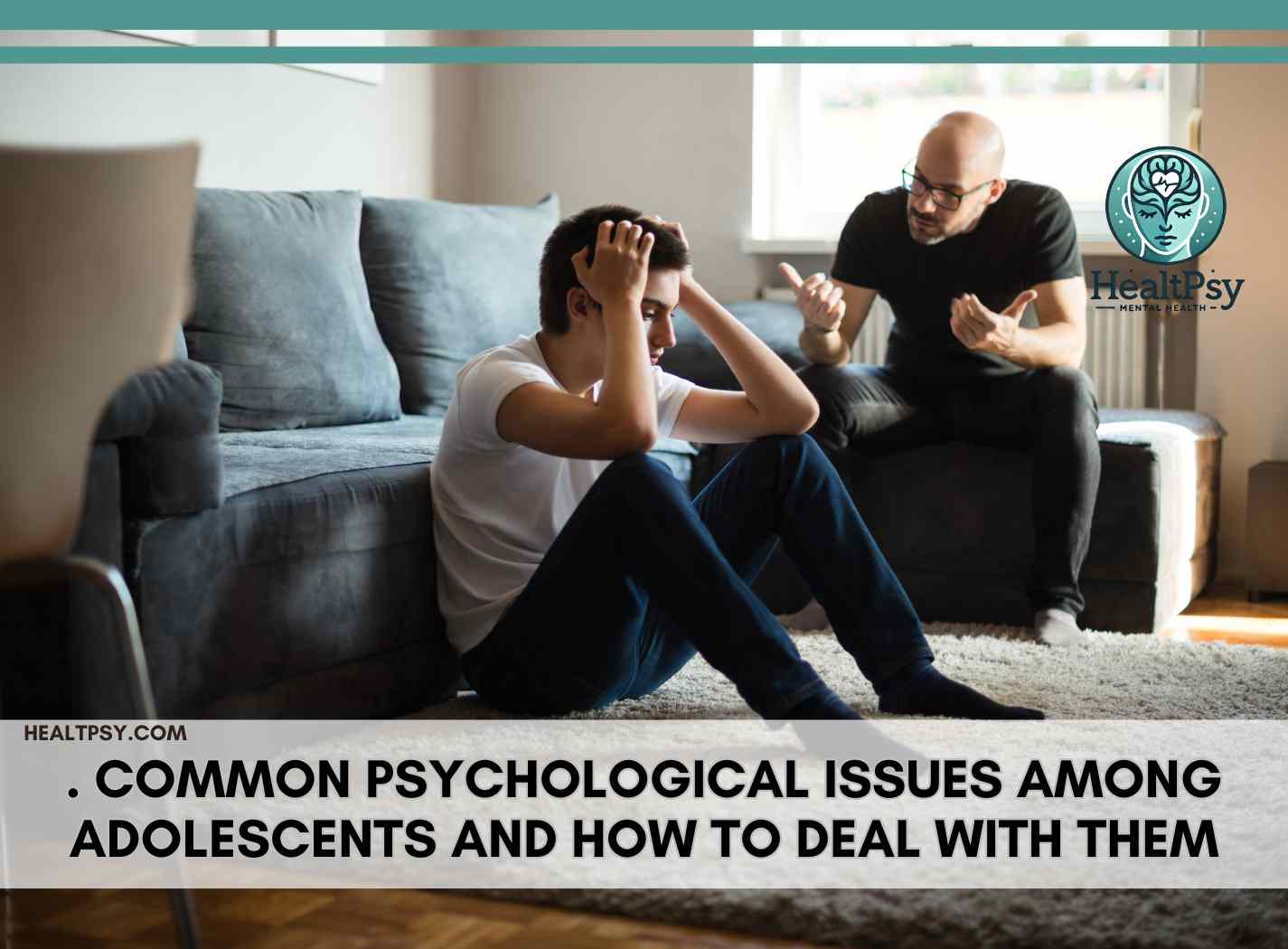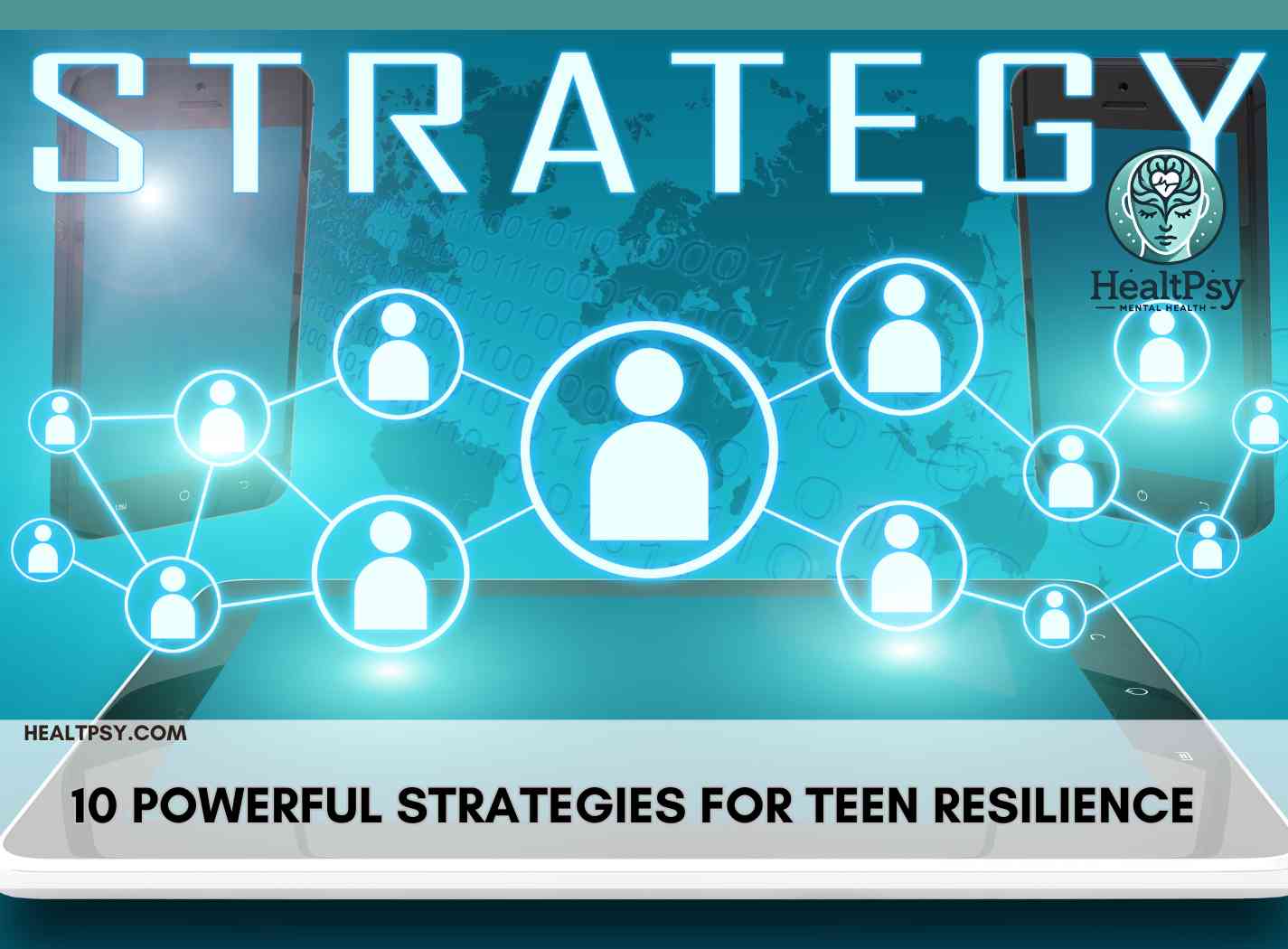The Emotional Impact of Parental Divorce on Children: 7 Psychological Effects & Coping Strategies
Introduction
Parental divorce is a life-altering event that significantly impacts children’s mental health, emotional well-being, and social stability. The transition from a two-parent home to a single-parent household can be distressing, leading to long-term psychological effects. Research has shown that parental divorce increases the likelihood of anxiety, depression, self-esteem issues, and behavioral problems.
Children who experience parental divorce may struggle with feelings of abandonment, confusion, and insecurity. The way parents handle the situation plays a crucial role in shaping a child’s ability to adjust. The emotional consequences of parental divorce can persist into adulthood, affecting relationships, academic success, and career stability.
📌 This article explores how parental divorce affects children’s mental health and provides seven key psychological impacts along with effective coping strategies.
🔗 Mental Health for Children and Adolescents
The Psychological Impact of Parental Divorce on Children
The emotional toll of parental divorce varies depending on a child’s age, personality, and external support systems. Many children feel caught in the middle, experiencing emotional distress that influences their social interactions and future relationships.
1. Increased Anxiety and Emotional Distress Due to Parental Divorce
- Children often develop separation anxiety and fear of abandonment.
- The stress of parental divorce leads to chronic nervousness and difficulty sleeping.
- Some children exhibit excessive worry about their family’s future.
2. Higher Risk of Depression Following Parental Divorce
- Feelings of sadness and hopelessness may emerge due to family separation.
- Many children internalize blame, believing they contributed to the P-divorce.
- Emotional distress can lead to long-term mental health conditions such as clinical depression.
3. Behavioral Problems and Aggression Linked to Parental Divorce
- Some children respond to P-divorce with anger and defiance.
- Disruptive behavior at school is common in children struggling with family instability.
- Children may engage in risk-taking behaviors as a way of coping with their emotions.
🔗 American Psychological Association – Divorce and Children
4. Declining Academic Performance Due to Parental Divorce
- Emotional distress makes it difficult for children to concentrate on studies.
- Grades often drop following P-divorce due to lack of motivation.
- Many children experience a decrease in cognitive engagement and learning retention.
5. Difficulties in Building Healthy Relationships After Parental Divorce
- Trust and intimacy issues arise due to previous family instability.
- Fear of commitment becomes more common among children from divorced families.
- Attachment anxiety may develop, making it difficult to form meaningful connections.
6. Social Withdrawal and Isolation Resulting from Parental Divorce
- Some children withdraw from social interactions due to P-divorce-related stress.
- They may struggle to express their emotions to peers.
- Feelings of embarrassment or shame may prevent them from seeking support.
7. Risk of Developing Unhealthy Coping Mechanisms Post-Parental Divorce
- Teens may turn to substance abuse as an escape.
- Unhealthy eating patterns or self-harm tendencies may emerge.
- Without emotional support, long-term mental health issues can develop.
🔗 Managing Psychological Stress
Coping Strategies for Families After Parental Divorce
1. Open and Honest Communication About Parental Divorce
- Reassure children that they are not responsible for the P-divorce.
- Encourage children to openly express their emotions and concerns.
- Use age-appropriate explanations to help them understand the changes.
2. Maintaining Stability and Routine for Children Post-Divorce
- Consistent daily schedules help children adjust to P-divorce.
- Minimizing major disruptions in school or social life supports emotional stability.
- Encouraging regular traditions creates a sense of normalcy.
3. Encouraging Healthy Emotional Expression in Children
- Provide a safe space for discussing feelings about P-divorce.
- Encourage journaling, art, or sports as emotional outlets.
- Normalize therapy and professional support.
4. Co-Parenting Strategies to Reduce Divorce-Related Stress
- Avoid exposing children to parental conflicts.
- Ensure that both parents maintain active roles in their child’s life.
- Respectful communication between parents promotes emotional stability.
5. Seeking Professional Help for Post-Divorce Adjustment
- Family therapy can help children navigate emotional challenges.
- Support groups allow children to connect with peers in similar situations.
- Individual counseling can assist with long-term emotional recovery.
🔗 Psychological Support and Therapy
Conclusion
P-divorce is a significant life event, but with proper support, children can build resilience and adjust effectively. Parents play a crucial role in ensuring that their children’s emotional and psychological well-being is protected.
📌 Key Takeaways:
- Children often experience anxiety, depression, and self-esteem issues following P-divorce.
- Providing stability, open communication, and professional support helps children adjust.
- Healthy co-parenting reduces emotional distress and fosters long-term well-being.
🔗 Supporting Children’s Mental Health
you might also like





